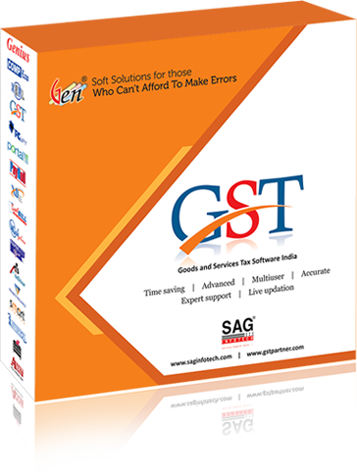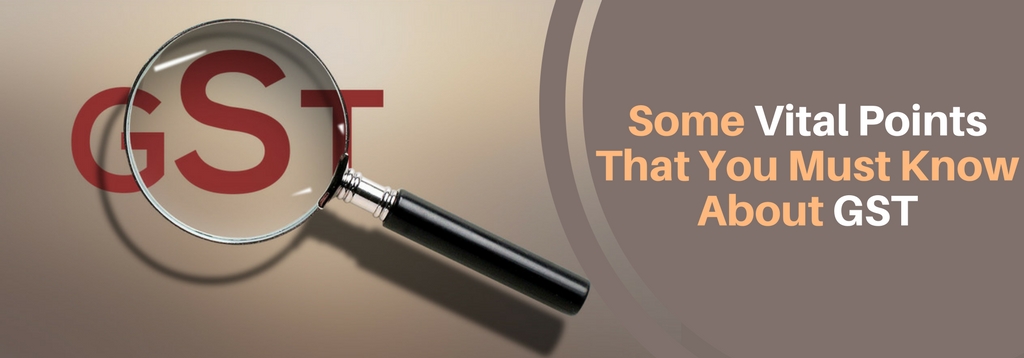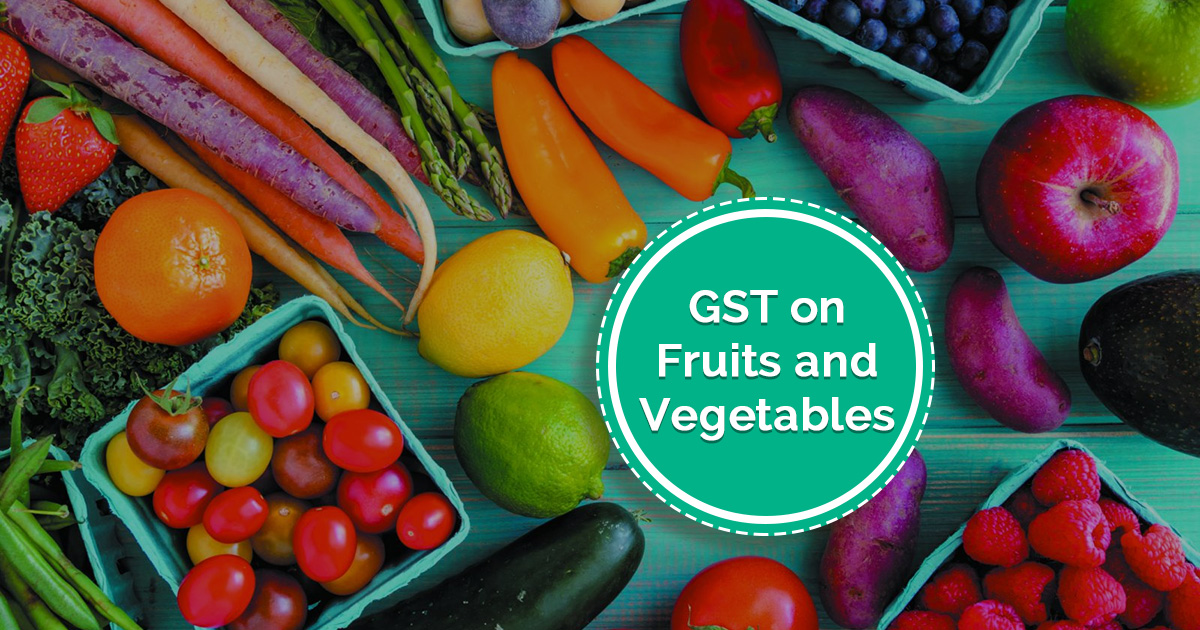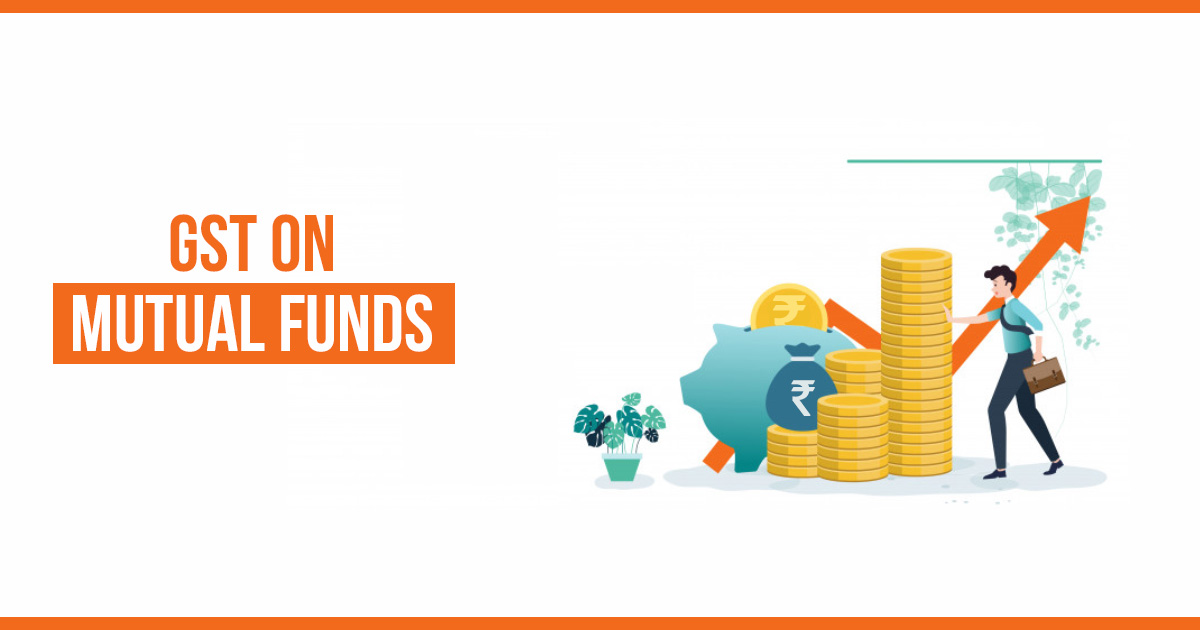GST is an indirect tax and it will be applicable to professionals, service providers, freelancers and businesses whereas it is not applicable to salaried individuals.
Contents
Is it Mandatory register for the GST?
You should register for the GST in the cases mentioned below:-
- If your sale or turnover exceeds Rs. 20 lakh ( Rs. 10 lakh in case of the Northeastern states).
- If you are selling goods online. You are selling goods through your website or through e-commerce portal.
- You can make inter-state sales, in case if you are living in one state and selling goods in another state. Let’s understand with an example, if you are living in Jaipur and selling goods to Kolkata, this is considered an inter-state sale.
- If you are selling goods on behalf of another taxable person (i.e. you are an agent).
- If you are dealing in goods/ services in which reverse charge implements- where the buyer has to deposit the tax instead of the seller.
Who will not be applicable for GST?
Agriculturist and farmers are not applicable for the GST. For example, If you are growing your own vegetables and selling it, then you are not required to pay GST. If you are dealing business in exempted goods or services, then you are not applicable to pay for GST.
Related: Easy Steps to Claim Tax Refund under GST
What must you know about GST Registration?
- You must have to apply for the GST registration in all state, where you are conducting your business within 30 days from the date when your annual turnover exceeds Rs. 20 lakhs) you are liable for the registration.
- GST Registration will be the state- wise and you must receive separate registration for each state.
- PAN card must be required for the registration of GST because GST registration number (GSTIN), will be PAN- based.
- Voluntary registration of GST is also available in case if your annual sales are less than Rs. 20 lakhs. Voluntary registration will help you to avoid restrictions on no interstate sales, no selling online.
Read the recommended post to know more about GST Enrollment
What is a Casual Taxable Person?
An individual who supply goods and services in a territory/ state where GST is applicable but he/she does not have a particular place for operating the business. From the GST point of view, such individual will be treated as a casual taxable person.
For example, An individual is operating taxation business in Bangalore and providing taxation services in Pune. At Pune, he has no place for operating their business would be treated a casual taxable person.
Special considerations for Casual Taxable Person:-
A casual taxable individual can receive a temporary registration for a period of 90 days. If in case you receive the temporary registration of 90 days, you must have to submit the tax in advance (based on your estimated tax liability).
Who can collect GST?
Registered taxable individuals are liable for the collection of tax. An individual must have to show this amount on tax invoices.
What is the meaning of Reverse Charge?
Reverse charge means the tax will be paid by the buyer or recipient instead of seller or supplier. Reverse charge will be applicable on both goods and services.
What are the conditions when the reverse charge will be applied?
Selling goods or services via e-commerce portal: – If in a case e-commerce operator supplying goods/ services via online then the reverse charge will be applied on e-commerce provider. It will be liable to pay the tax.
An unregistered dealer selling to a registered dealer: – If you are registered for the GST and you are purchasing from the unregistered dealer then reverse charge will be applied by the buyer (registered dealer). In that case, the tax will be incurred by the registered dealer.
For getting latest updates on GST India, GST Helpline app is the best option for receiving day to day updates, news, articles and much more that can be easily downloaded from stores for android and ios devices. The app works smoothly and has both offline and online features.
Read More : Download GST Helpline App And Get Discount Offer On All Softwares







